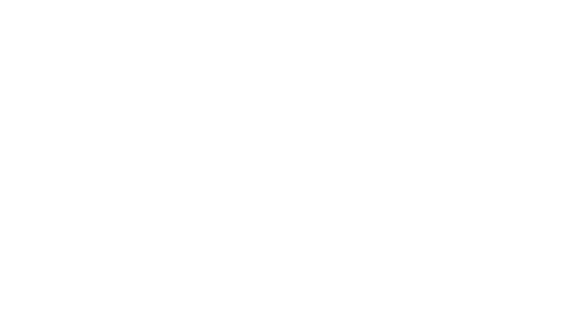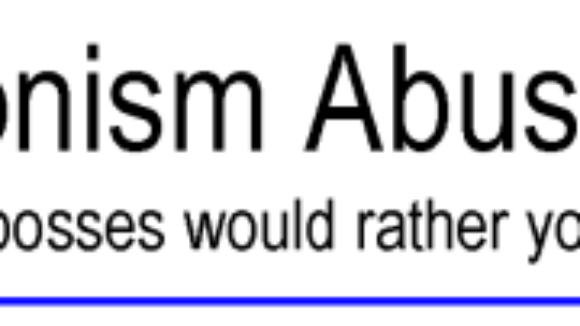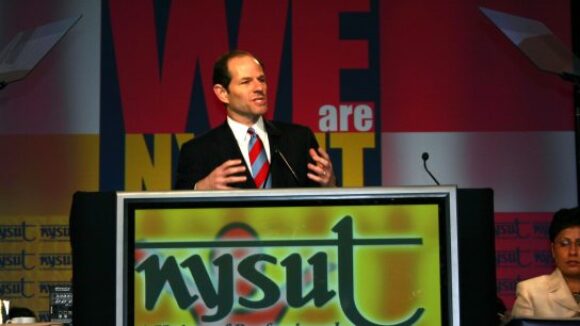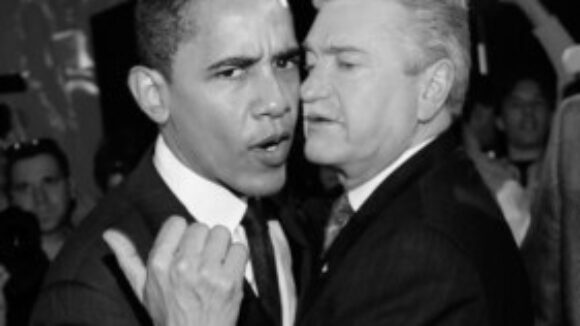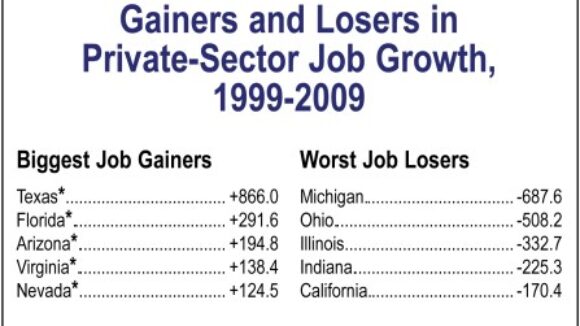Police-Fire Union Scheme Prepped For Floor Vote
Bill Would Herd Now-Independent 'First Responders' Into Unions (Source: May 2010 NRTWC Newsletter) U.S. Senate Majority Leader Harry Reid (D-Nev.) has sent out an unmistakable signal that he is dead set on pushing through a bill that would undermine state Right to Work laws and soak state and local taxpayers for billions of dollars in additional goverment costs. On April 12, Mr. Reid reintroduced as S.3194 the Police/Fire Monopoly-Bargaining Bill, which was already pending in the Senate Health, Education, Labor and Pensions (HELP) Committee as S.1611. Mr. Reid's clear purpose in carrying out this tactical maneuver was to make it possible for him to bring up this federal government union power grab for a Senate floor vote at any time, with as little as 48 hours public notice and with no HELP Committee action whatsoever in advance. Harry Reid and his cohorts cynically mislabel their legislation, also introduced in the U.S. House as H.R.413 by union-label Congressman Dale Kildee (D-Mich.), as the "Public Safety Employer-Employee Cooperation Act." States' Bitter Experiences Illustrate Dangers of Harry Reid's Scheme But that moniker has nothing to do with reality. S.3194/H.R.413 would institute a federal mandate foisting union "exclusive representation" (monopoly bargaining) on state and local police, firefighters, and other public-safety employees nationwide. Reid-Kildee would force countless policemen, firefighters and EMT's to accept as their monopoly-bargaining agent a union they never asked for or voted for, and want nothing to do with.

